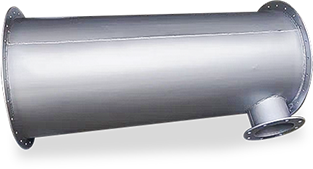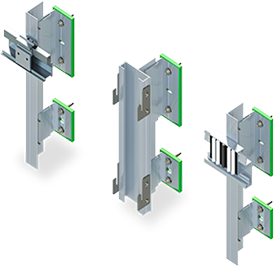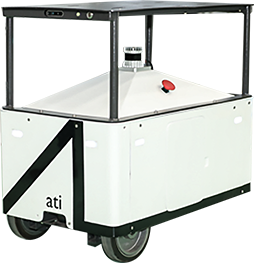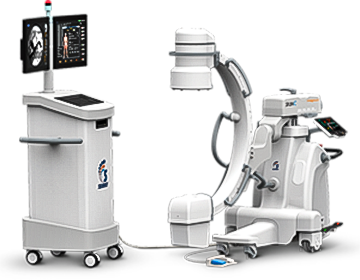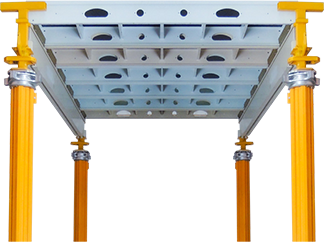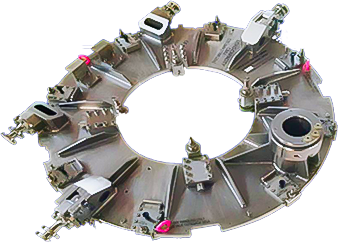Material Description
Polyurethane (PU) is a versatile polymer known for its exceptional material properties, making it suitable for a wide range of applications. PU is a synthetic material composed of organic units joined by urethane links, which impart it with its distinctive characteristics. Its outstanding mechanical properties include high flexibility, toughness, and abrasion resistance, making it ideal for applications such as automotive parts, footwear, and coatings. PU also exhibits excellent chemical resistance, with a strong resistance to oils, solvents, and hydrolysis, enhancing its durability. Moreover, its low thermal conductivity and good insulating properties make it a valuable material in the construction industry for insulation and sealing purposes. Polyurethane foams, used in mattresses and cushions, offer superior comfort and energy absorption. PU materials can be tailored to specific needs, with a wide range of hardness levels and formulations available. Its ability to be molded and shaped easily further adds to its utility, as it can be cast, extruded, or molded into various complex forms. These diverse attributes position polyurethane as a key material across multiple industries, thanks to its adaptability, durability, and exceptional mechanical and chemical properties.
Common Industry Applications
Vacuum-casted PU resins are commonly used in the automotive industry for producing prototypes and low-volume production parts with high flexibility and impact resistance.
Sub-Processes
Vacuum Casting
| Density (g/cm³) | Tensile Yield Strength (MPa) | Young's Modulus (GPa) | Hardness (Shore D) | Thermal Conductivity (W/m·K) | Thermal Expansion Coeff (10^-6/°C) | Specific Heat (J/g·°C) | Electrical Conductivity (S/m) |
|---|---|---|---|---|---|---|---|
| 1.00 - 1.25 | 10 - 55 | 0.1 - 1.5 | 40 - 95 | 0.1 - 0.25 | 60 - 120 | 1.4 - 2.0 | 1e-14 - 1e-10 |
Design Recommendation
Vacuum casting with Polyurethane (PU) resins necessitates careful attention to detail. Begin by adequately degassing the resin to eliminate air bubbles, ensuring the final part’s surface finish remains smooth. Consistent temperature control is crucial throughout the process to prevent issues like premature curing or incomplete polymerization. It’s essential to choose a soft mold material to minimize the risk of deformation during demolding. This allows the casted PU resin to be extracted without losing its intended shape.
Cost Saving Tip
Achieving cost savings with PU resins starts with precise measurement and mixing of resin components. This not only reduces waste but also ensures consistent quality in your castings. Additionally, optimizing mold design to minimize material usage is crucial. Using reusable, durable molds for multiple castings can significantly lower the cost per unit produced. Proper mold maintenance is also essential to extend the life of the mold and reduce replacement costs.
